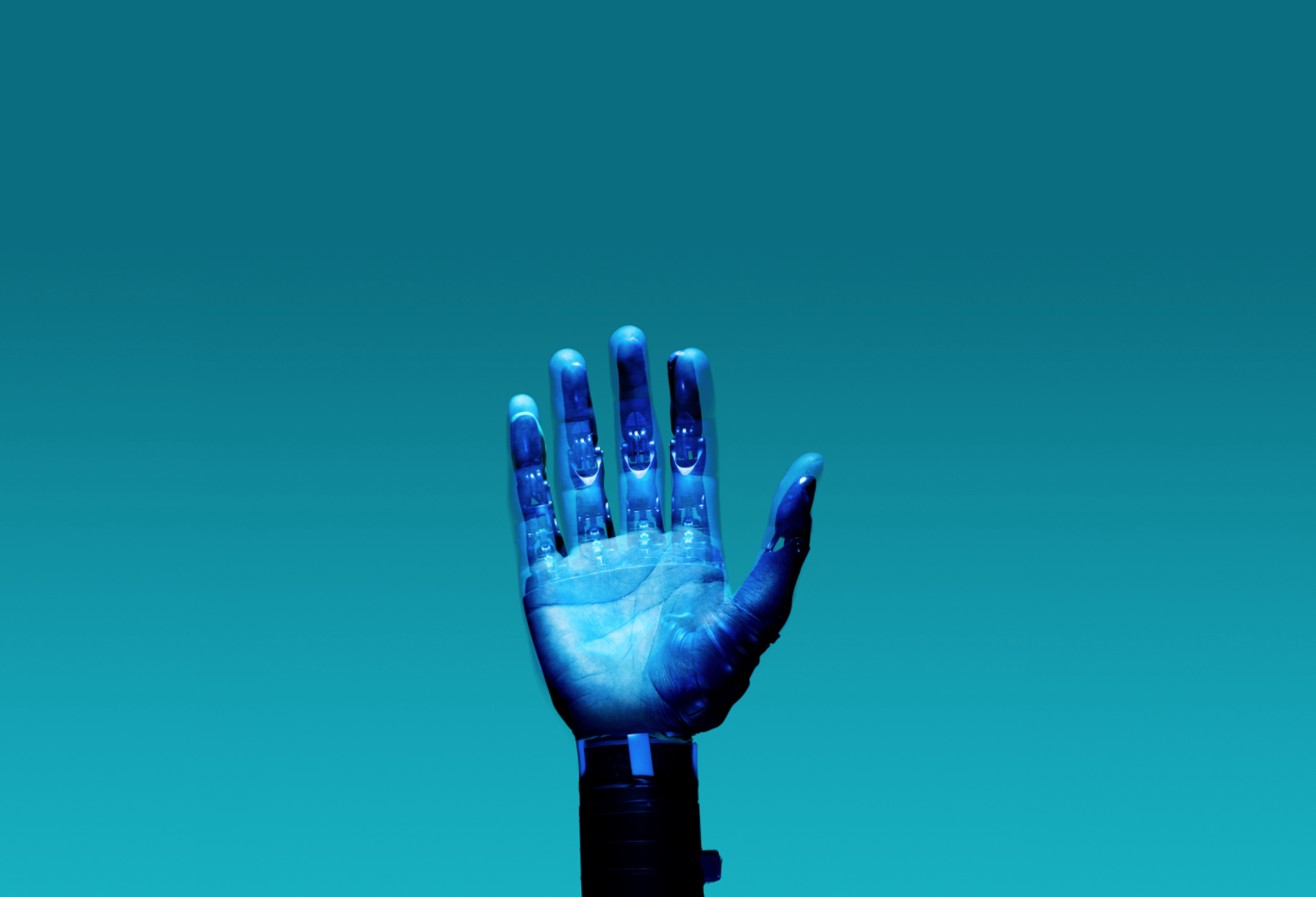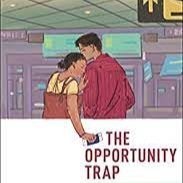
Technically Human is a podcast about ethics and technology that
asks what it means to be human in the age of tech. Each week, Professor Deb Donig interviews industry leaders, thinkers, writers, and technologists, and asks them about how they understand the relationship between humans and the technologies we create. We discuss how we can build a better vision for technology, one that represents the best of our human values.

Technology For Life: Disaster relief and life-saving tech
In this episode of “Technically Human” I talk to Dov Maisel, the cofounder of United Hatzalah, an organization that leverages technologies to provide disaster relief around the world when crisis strikes—in Haiti, Florida, Nepal, Israel, and right now, in the devastating war in Ukraine. We talk about United Hatzalah’s ethic of providing free emergency care to all people, regardless of race, religion, ethnicity, or nationality, we talk about how technologies are changing the terrain of disaster relief, and we discuss how existing technologies can be transformed into life-saving ones.

AI for the Developing World
In this episode, I interview Prateek Joshi, Founder and CEO of Plutoshift. We talk about the importance of local and cultural knowledge in a global tech economy, the ethical obligations of technological producers in the West to technological development in developing countries, and how AI transforming the landscape of the developing world.

The Opportunity Trap: tech’s visa problem
In this episode, Dr. Pallavi Banerjee joins me to talk about her new book, The Opportunity Trap: High-Skilled Workers, Indian Families and the Failures of Dependent-Visa Program. We talk about the role of immigrants in American tech culture, the challenges that immigrants coming to the U.S. to work face in the immigration process, and the need to think about what "tech" is, beyond our just technological products.

Body Snatchers: Manjula Padmanabhan discusses the drama of technology and the black market of organ harvesting
Today’s episode is the final episode of our season. The episode features a very special conversation, one that I have wanted to have since I started the show two years ago. In the episode, I sit down with Manjula Padmanabhan. We talk about her play, Harvest, and the connection between market demand in the West and body supply in the global South, and we discuss the relationship between organ donation, as a technology, and human rights, as a philosophy. And Manjula explains why science fiction matters for our ability to understand, and to create, what it means to be human.

Moving Pictures: Film director Jake Wachtel discusses his new film, Karmalink, and sci-fi in Cambodia
"Technically Human" is back with a brand new season of the show!
In our first episode of the season, I sit down with film director Jake Wachtel to talk about his debut film, "Karmalink," the first science fiction film set in Cambodia. We discuss the connection between digital technologies, reincarnation, and Buddhism, we talk about the state of technological development in Cambodia, and Jake reflects on how Cambodians are imagining the future, in light of Cambodia's past.
